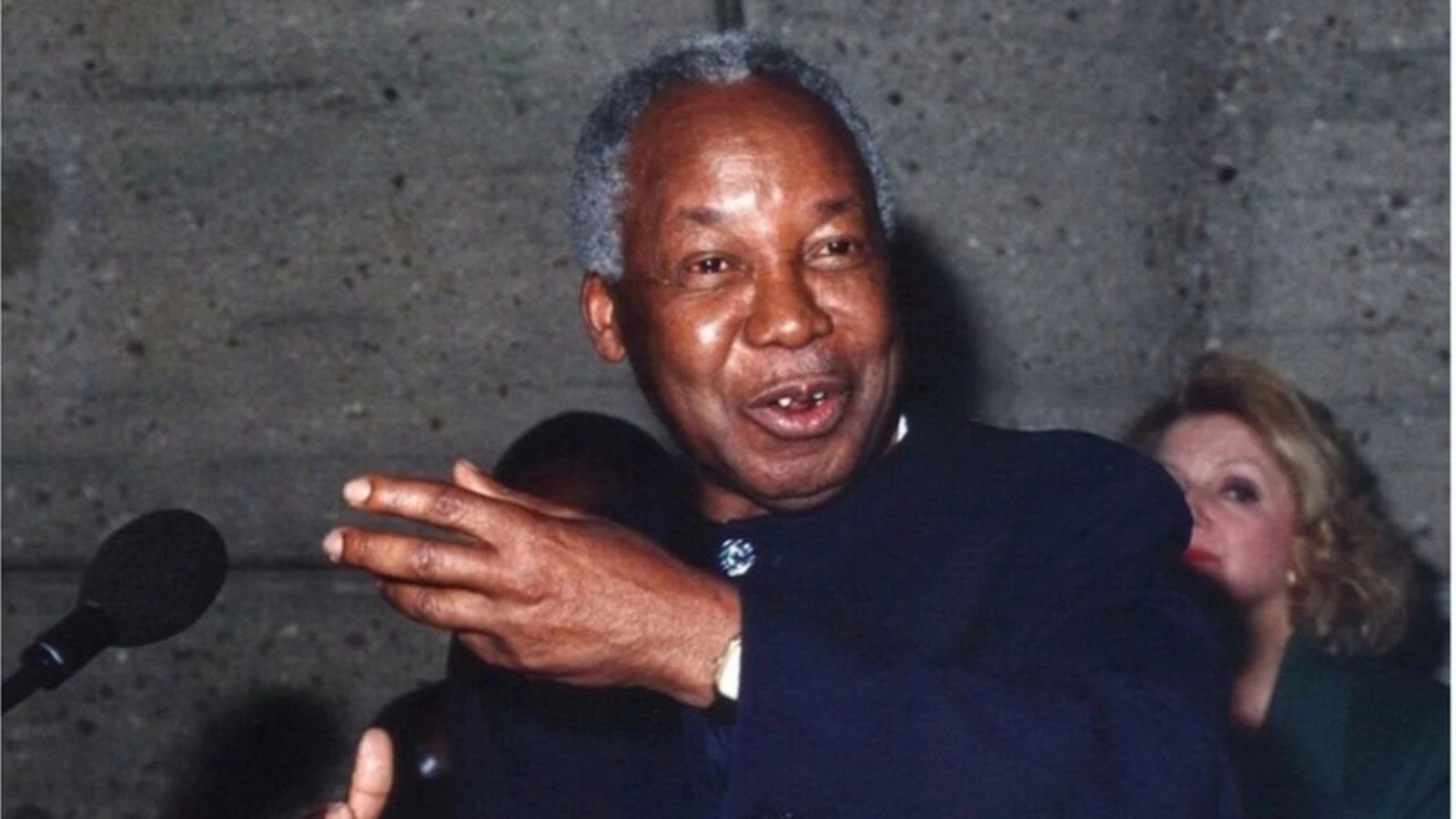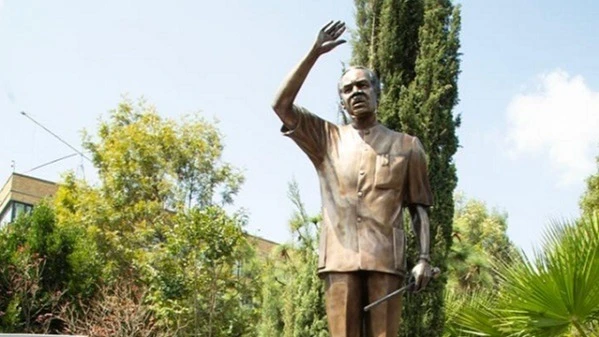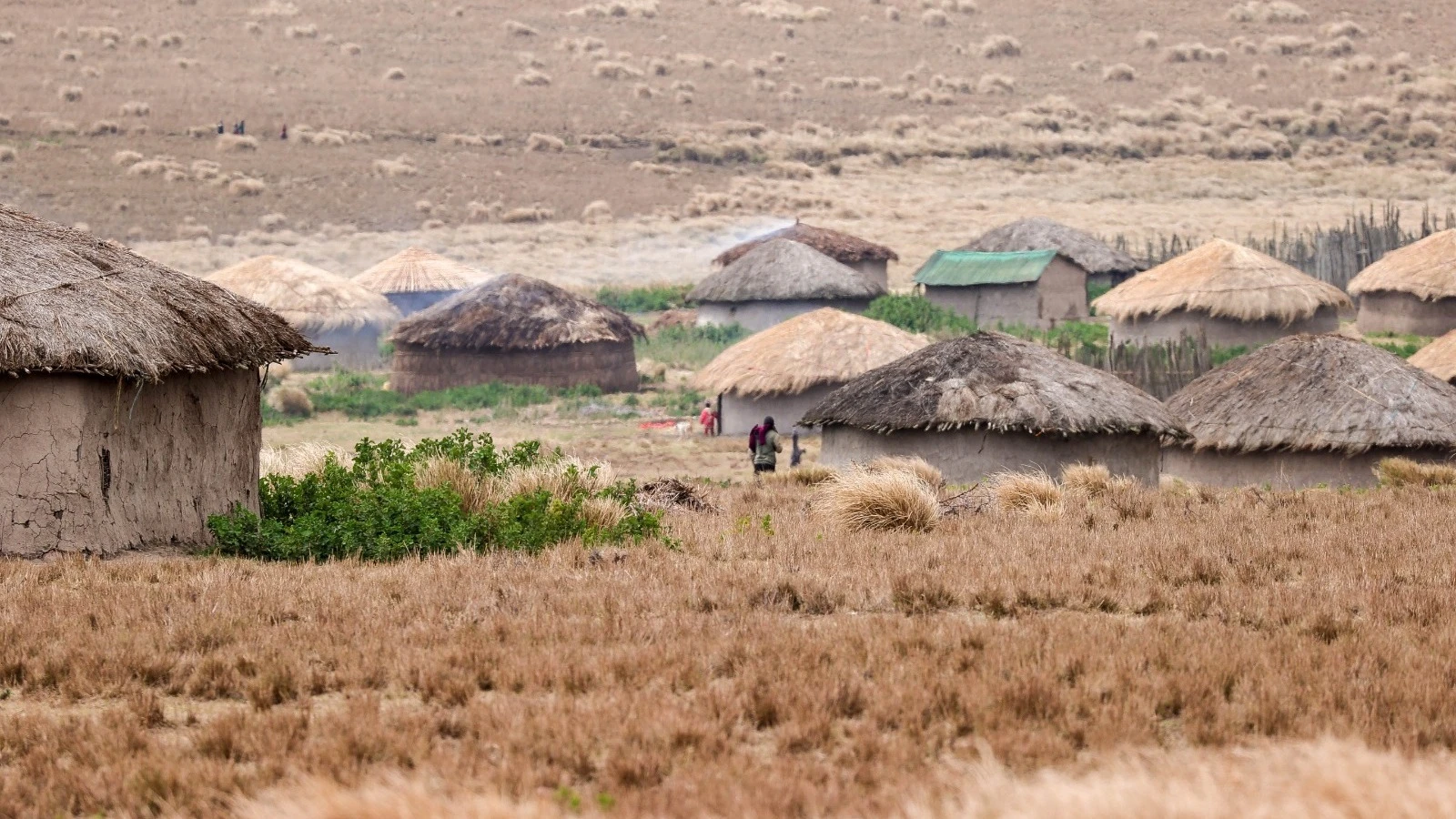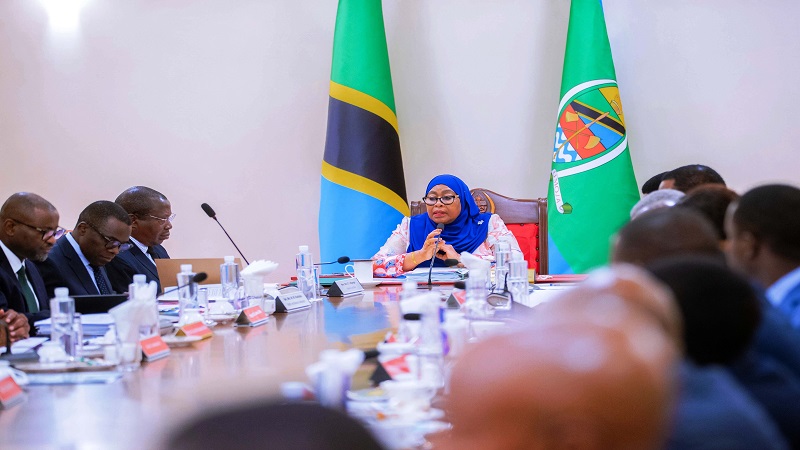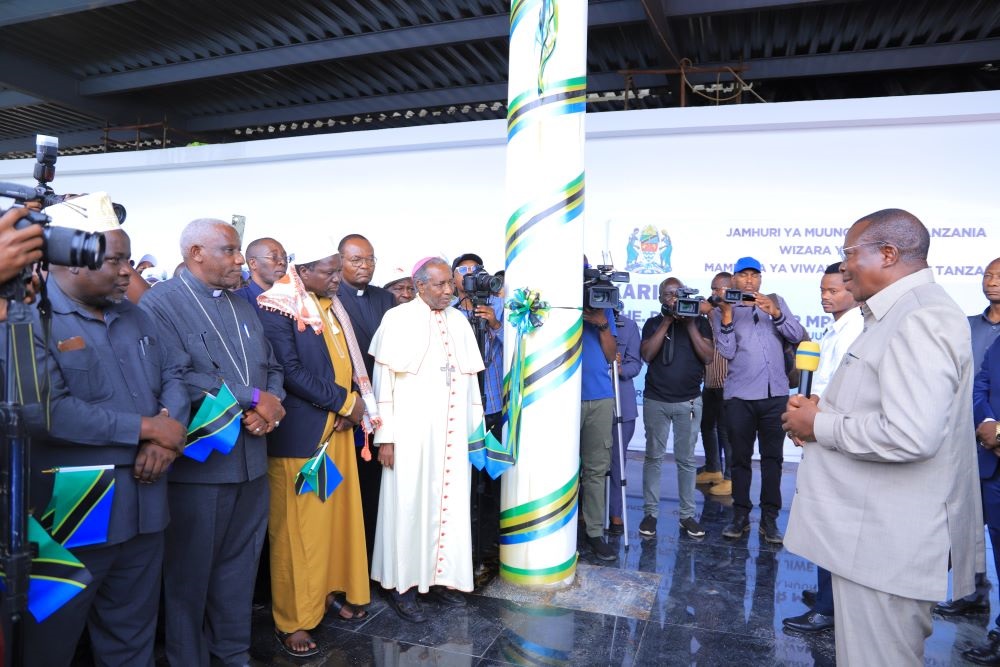Commemorating 25 years without Mwalimu: Need to rethink how to protect our freedom
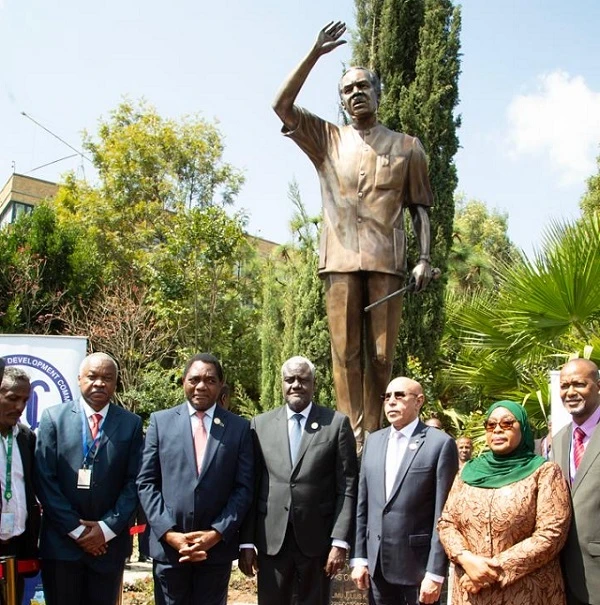
AS Tanzania marks 25 years since the passing of Mwalimu Julius Kambarage Nyerere, it is crucial to reflect on how we safeguard the freedom he fought for. Tanzania's independence, unlike many other African nations, was achieved peacefully, largely due to the absence of settlers who viewed the colonies as overseas provinces.
Mwalimu Nyerere’s eloquence and persuasive abilities played a pivotal role in securing independence, as he was able of convincing colonizers to relinquish control over resource-rich lands. The European hunger for Africa’s resources, including Tanzania’s, meant colonial powers were reluctant to leave the continent. Nyerere who is considered to be a sophist had to use all his ability to liberate his land.
Nyerere’s vision for a self-reliant nation
After independence, Mwalimu Nyerere identified three major enemies of the country as ignorance, disease and poverty. His vision was to create a self-reliant Tanzania through socialism, aiming to eliminate class divisions and foster unity amongst citizens. His Ujamaa (familyhood) policy, through which he established collective villages, was intended to bring Tanzanians together, ensuring mutual cooperation for development.
He also instituted a single-party system to strengthen national unity, fearing that multiparty politics could fragment the country. Mwalimu Nyerere’s priority was ensuring that Tanzanians work together to free themselves socially, politically, and economically, from the residual impacts of colonialism.
The Union of Tanganyika and Zanzibar
The 1964 Union between Tanganyika and Zanzibar, a strategic move by Nyerere, sought to strengthen the nation against external threats. Mwalimu Nyerere understood the lingering dangers of colonialism and believed that defending independence was often harder than achieving it. He consistently stressed the importance of national unity and solidarity in maintaining freedom.
Foreign policy and non-alignment
Tanzania’s foreign policy, rooted in non-alignment, was designed to ensure that the country maintained positive relations with others, avoiding entanglements in the Cold War. This allowed Tanzania to focus on national development and avoid inheriting unnecessary conflicts. Nyerere’s stance was clear: Tanzania should not adopt other nations' enemies, but rather, focus on its own goals and development.
The Arusha declaration
The 1967 Arusha Declaration, with its central focus on nationalization, aimed to place the nation’s wealth in the hands of the government, addressing critical issues such as health and education for the majority. Mwalimu Nyerere recognized that most Tanzanians could not afford essential services, and his policies were designed to uplift the majority, particularly through state control of key industries and resources.
Defending our independence
To truly honour Mwalimu Nyerere’s legacy, we must actively defend our independence, not merely through words, but through action. Key areas where we can focus include industrialization; Tanzania must reduce its dependence on imports by producing more domestically. Industrialization creates jobs, builds skills, and generates foreign currency. It strengthens the economy, reducing dependency on foreign nations, and thereby defending our independence.
Agriculture as the backbone of Tanzania’s economy employs more than 75 percent of the population. Strengthening this sector by investing in key cash crops like coffee, cotton, and sisal will address unemployment and ensure that citizens are engaged in productive activities that drive the nation forward.
Human resource development, Nyerere understood that human resource is the most critical factor in development. By enhancing our education system, we can equip Tanzanians with the skills needed to manage and utilize our resources effectively, reducing reliance on foreign expertise.
Preventing illegal firearms, ensuring national security is a vital aspect of defending our independence. Allowing the unchecked possession of firearms can lead to civil unrest or violence. Strengthening the country's defense and security forces is essential, both to counter external threats and maintain internal stability.
Mwalimu Nyerere always emphasized the importance of self-reliance and the need to defend our independence. As we commemorate his legacy, our focus should now shift toward achieving economic independence. He believed that political independence without development would leave the nation vulnerable to external control. Our task is to use Tanzania’s resources wisely to foster development, which in turn, will solidify our freedom.
True freedom, as Mwalimu once said, is inseparable from development. Therefore, as we reflect on 25 years without Mwalimu, our goal should be to strengthen Tanzania’s independence by building a prosperous and self-sufficient nation.
The author is a teacher based in Moshi. He can be reached at [email protected]
Top Headlines
© 2024 IPPMEDIA.COM. ALL RIGHTS RESERVED














